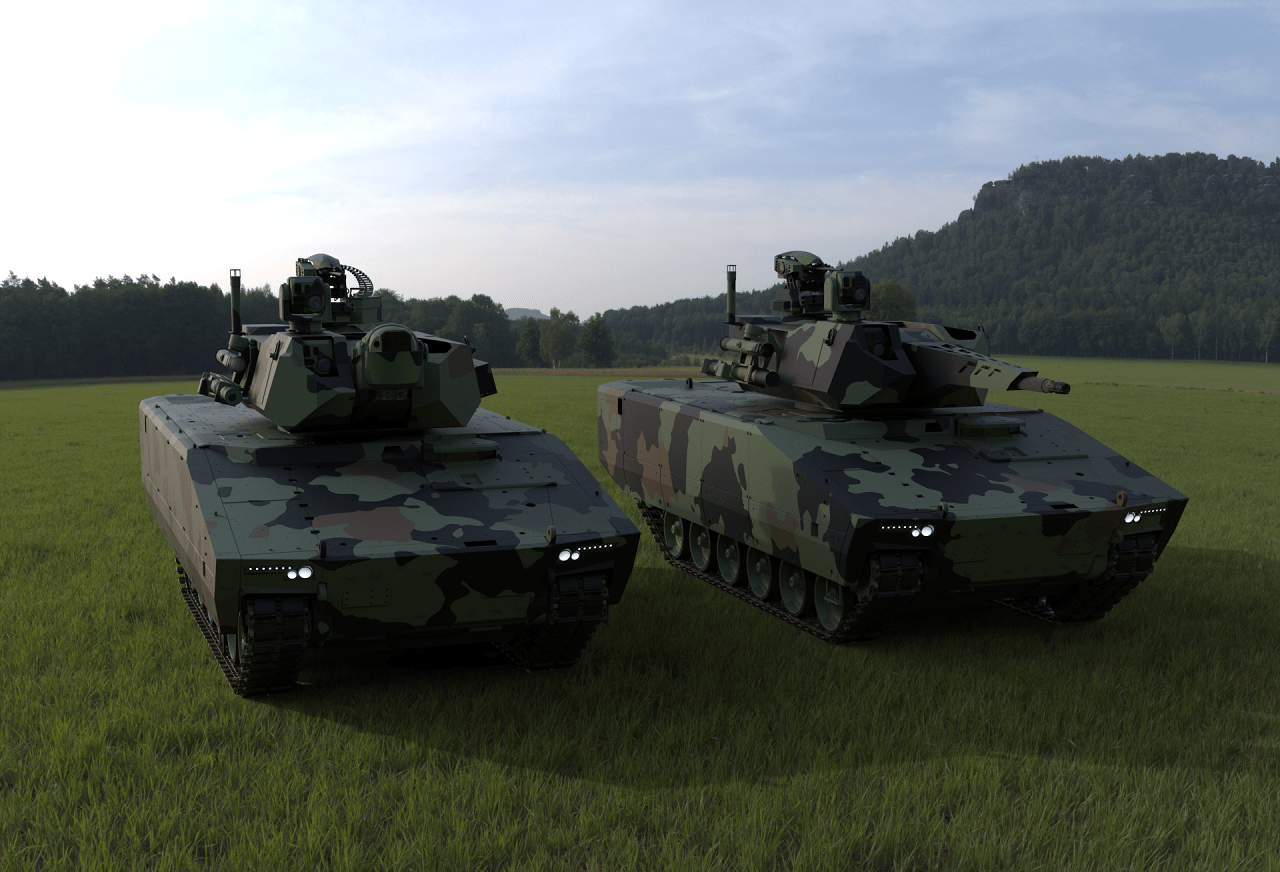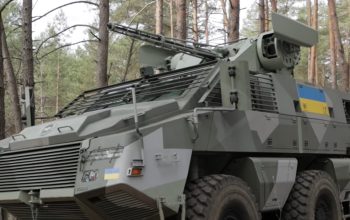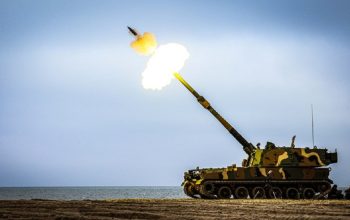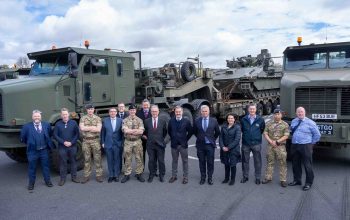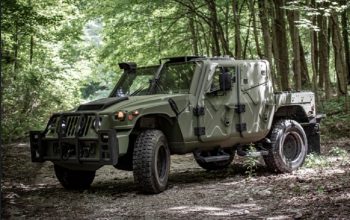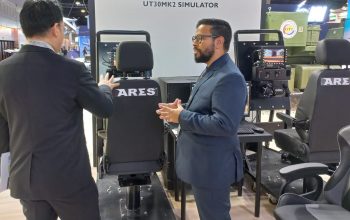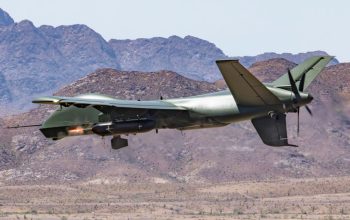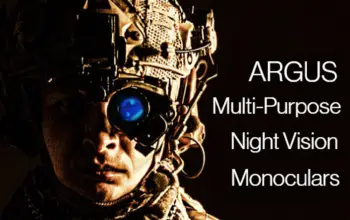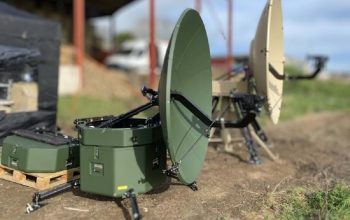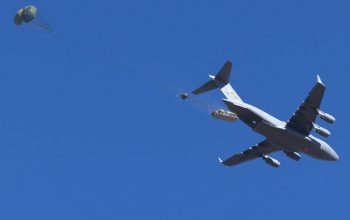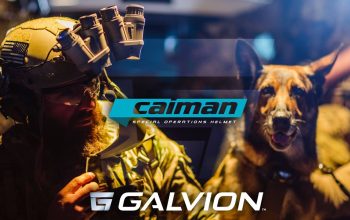In July of this year, Rheinmetall’s U.S. subsidiary, American Rheinmetall Vehicles (ARV) (Sterling Heights, MI), and its “Team Lynx” partners – Raytheon Technologies, L3 Harris Technologies, Textron Systems and Allison Transmission – received a contract award based on their concept solution for the digital design phase of the U.S. Army’s Optionally Manned Fighting Vehicle Program. At this year’s AUSA annual meeting visitors will get a firsthand view of some of the new design concepts shown on a large-scale model. Visitors will also be able to dive into elements of the design through an interactive digital experience.
The Lynx OMFV concept uses as its departure point the next-generation Lynx KF41, in production with a NATO partner and undergoing extensive field testing in Australia as part of the Australian Land 400 Phase 3 program. Team Lynx is offering to the U.S. Army a fully U.S.-specific and next-generation lethal, survivable, and advanced platform from this highly mature baseline. The solution also provides exceptional capacity for growth, recognizing the rapid development and proliferation of new advanced technologies. ARV will have a full team of supply chain staff on site to answer questions, outline current supply chain needs, and discuss opportunities as Team Lynx continues to prepare for full U.S. production of its OMFV solution.
The two-crewed interchangeable turret is capable of hosting either the XM813 30mm or the XM913 50mm Bushmaster cannons without any structural or architectural changes. Milner says these calibres are changeable even in the field, given that the crew had the equipment necessary to lift the cannons themselves. The vehicle has a multi-missile launcher that is capable of hosting the BGM-71 tube-launched, optically tracked, wire-guided anti-tank missile system and the Raytheon Coyote expendable uncrewed aircraft system. The former is currently on the M2-Bradley. The Javelin anti-tank missile is also on the technology growth path, which would equip the vehicle with counter-drone, reconnaissance and counter vehicle capabilities.
The collaboration of manufacturers provides the OMFV effort competence where individual companies may lack. American Rheinmetall Vehicles, a subsidiary of Rheinmetall worldwide, operates under a special security agreement with the US and as the prime contractor is responsible for the overall system design and integration. Raytheon brings sensor and effector capabilities and provides software and system engineering support to the OMFV effort. L3Harris will provide vehicle mission systems, cybersecurity and its modular open system approach to the Lynx. Textron Systems is Team Lynx’s primary production arm and will be responsible for building a large percentage of the OMFV chassis, alongside American Rheinmetall Vehicles building the turrets at a co-located site at the Textron facility in Louisiana.


